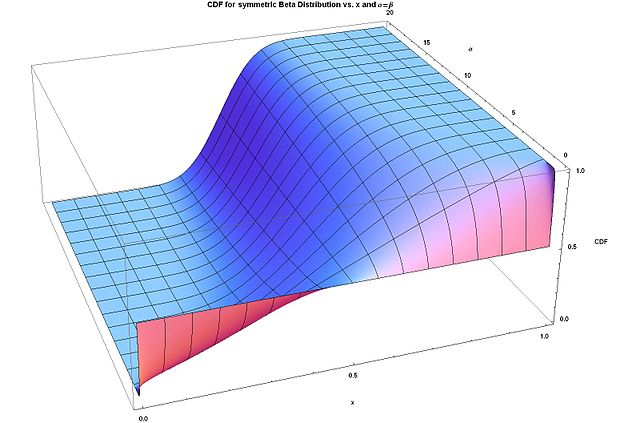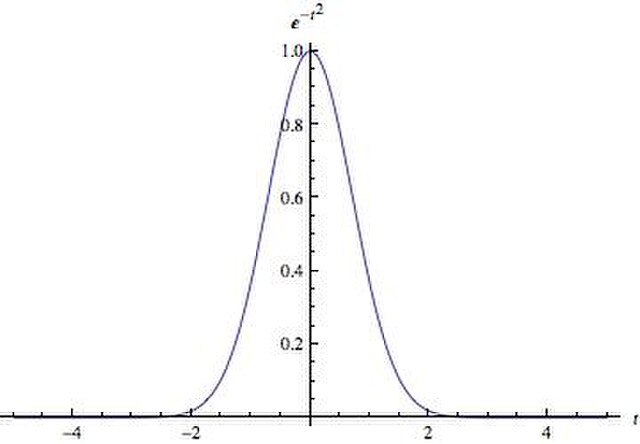Infinite photos and videos for every Wiki article ·
Find something interesting to watch in seconds
Celebrities
Rare Coins
Wars and Battles
Famous Castles
History by Country
Largest Palaces
Great Artists
Countries of the World
British Monarchs
Great Museums
Tallest Buildings
Best Campuses
World Banknotes
Ancient Marvels
Great Cities
Animals
Recovered Treasures
Largest Empires
Orders and Medals
Crown Jewels
Presidents
Supercars
Sports
Kings of France
Richest US Counties
Wonders of Nature
more top lists





